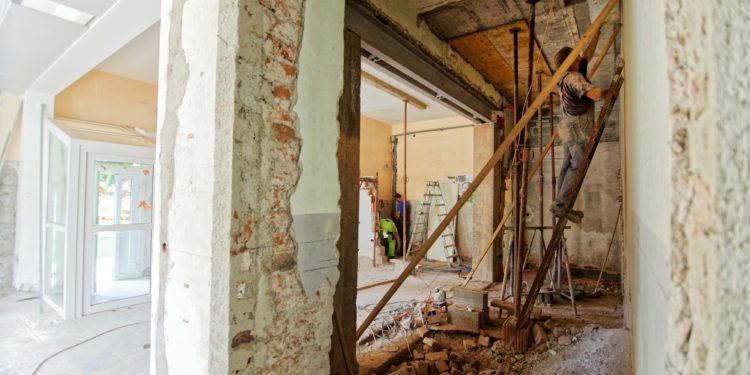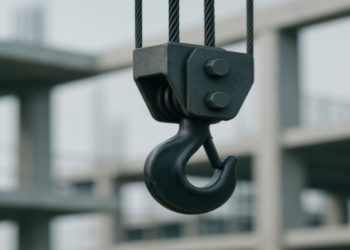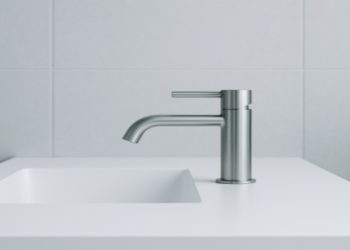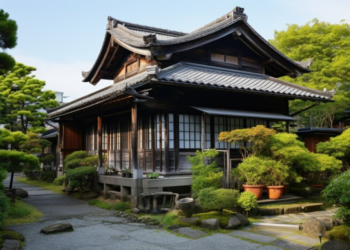A fixer-upper definition: A house that needs work.
A fixer-upper is a long-term project of buying a house markedly cheaper than the average market price but needs some work. Often, the work it needs and the cost won’t surpass the final value – most of the time, it’s an investment that’ll make you money in the long term.
Have we answered the question in the title already? Not exactly. There’s more to it than making money.
Read on to find out more.
Financial Upsides
We have to start by talking about the financial upsides.
Usually, these houses cost less than the average market price, as we mentioned, allowing you to get either more square footage or a better location for less cash. The savings from the purchase price can be considerable enough to allow renovations while still falling within your budget. Take note of the word can. It’s essential to estimate as accurately as you can the cost of the renovation, or a fixer-upper quickly becomes a bank account drainer.
If you do it right, renovating a fixer-upper can significantly increase its value. By merely updating kitchens, bathrooms, etc, you can increase the value quicker compared to new homes. This appreciation in value could be even more appealing if you’re property flipping. Property flipping is buying a property with the sole purpose of reselling it after the renovation to make a profit.
Again, we must stress how essential it is to have a realistic budget to guide you through the process. Additional expenses may (well, they will) arise during renovations. Having extra money will be very helpful.
Creative Possibilities
Another reason why people choose fixer-uppers is because they have this unique opportunity to build their dream living spaces just the way they want them. Everything from the style and layout is customisable instead of being limited by someone else’s choices.
For true do-it-yourselfers out there who love DIY projects, nothing beats getting hold of a fixer-upper, which is improved every day through accomplishing smaller tasks by yourself. If you’re creative, you’ll never become tired of working on a fixer-upper. It’s not too difficult to find the builder supplies you need to do some of the work yourself and save some money.
Having said that, the creative process can also be very daunting. Even if you’re creative, you’ll soon lose your mind when things don’t work, don’t look how you wanted them to, and you’re on your third attempt at wallpapering a wall that keeps bubbling.
The process requires time, endurance, and a clear idea of what you want to see in your new place.
The Difficulties
As attractive as the possible advantages of buying a fixer-upper may seem, there are some significant challenges involved. We’ve already started talking about them above – sometimes, things simply won’t go the way you want them to.
And when renovations don’t go right and take longer than expected, the cost often increases. Living through construction or needing to find another place while work is carried out can increase tension levels.
Consider how much renovation the property needs: cosmetic changes like painting rooms, perhaps using antimould paint, or redoing flooring are manageable, but structural issues such as foundation repair or outdated electrical system replacement might require huge investments. Again, that is where you must budget as accurately as possible. A home inspection before buying such an old house is essential and standard when you’re buying a home.
Truly, giving thought to the advantages and disadvantages very well, together with experts in real estate as well as renovations, will tell you whether a fixer-upper is for you. They’re definitely fun, but they’re definitely not for the faint-hearted.


![7 Best POS Software in the UK [2026 Edition]](https://todaynews.co.uk/wp-content/uploads/2026/02/7-Best-POS-Software-in-the-UK-2026-Edition-360x180.png)










































































